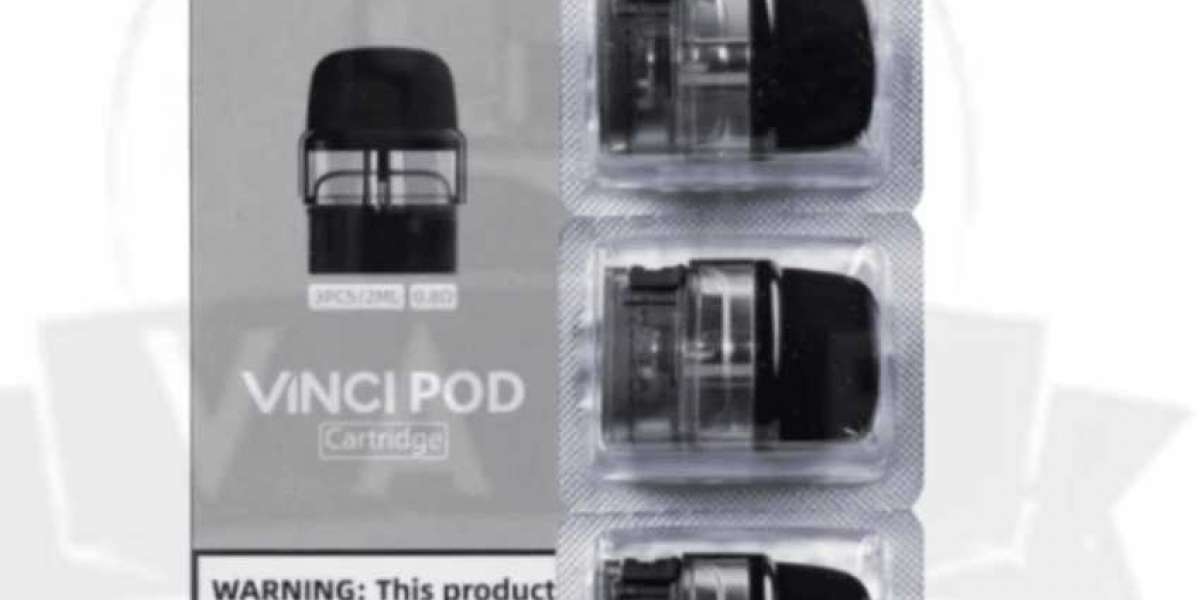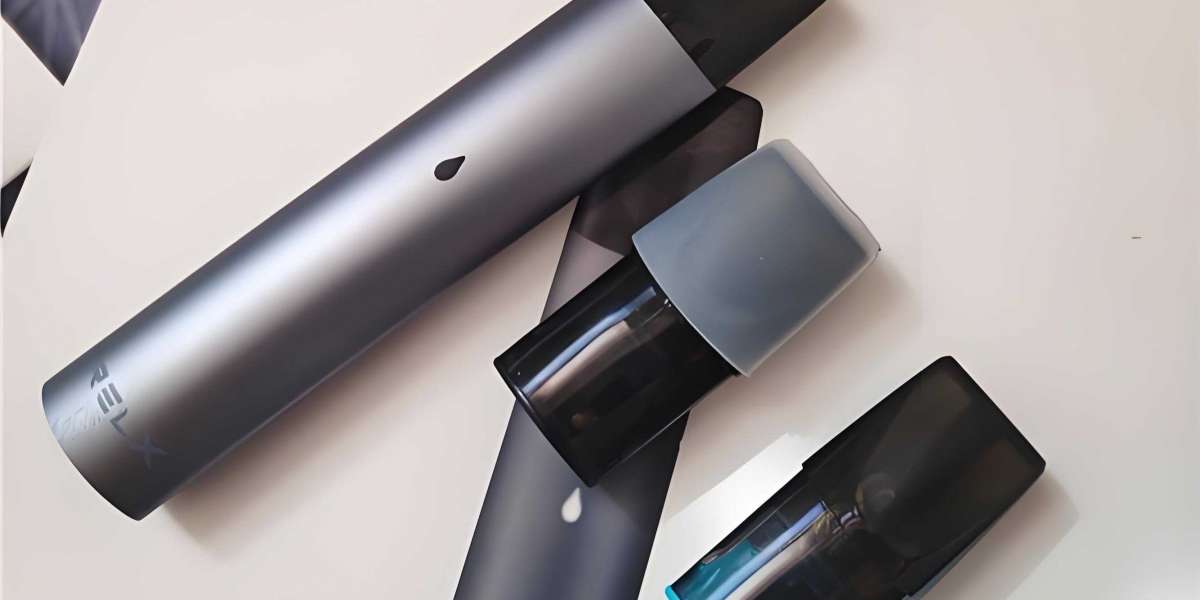What Is CE Certification, Anyway?
In simple terms, the ce certification mark on a product indicates that it complies with the European Union’s safety, health, and environmental requirements. When you see the CE logo, it’s a clear sign that the product meets European standards. It’s like a passport for your product, saying, “I’m safe, I’m compliant, and I’m good to go across Europe.”
But there’s more to it than just slapping a logo on your product. CE certification is a declaration that your product has gone through the proper assessments, checks, and tests to ensure that it doesn’t pose a risk to consumers or the environment. Whether it's a toy your child plays with, machinery on a construction site, or a component in your car, CE certification is essential for assuring that your product is safe and reliable.
The Industries That Need CE Certification: Does It Apply to You?
Here’s the thing: CE certification isn’t just for any product. It’s a must-have for certain industries, including:
- Machinery: Think about cranes, conveyor belts, and industrial machines. These products are used in high-risk environments, so ensuring they meet CE requirements is crucial.
- Automotive: If your product is an automotive part or accessory (say, an airbag or brake pad), CE certification ensures it complies with European automotive safety standards.
- Construction: Equipment like power tools, scaffolding, and construction machinery also fall under the CE certification umbrella. These products must meet safety regulations to protect users on the job site.
- Toys: Toy manufacturers need to pay extra attention here. CE marking ensures the toy doesn’t contain hazardous materials and poses no choking or other health risks to children.
If your product belongs to any of these sectors (or others that fall under EU regulations), you’ll need CE certification to legally sell in Europe. Without it, you could face serious consequences, including fines or being banned from the market. Yikes, right?
Why Should You Care About CE Certification?
Let’s be real: CE certification can sometimes feel like a pain in the neck. It requires documentation, testing, and even some financial investment. So, why bother?
- Access to the European Market: If you want to sell in Europe, you need that CE mark. Without it, your product won’t even make it past customs. It’s the ticket to entering the world’s largest economic zone—without it, you’re stuck outside looking in.
- Trust and Credibility: A CE mark builds trust with consumers and business partners alike. It signals that your product has been tested for safety, health, and environmental impact. For European consumers, it’s a quick way to verify that a product is reliable and safe.
- Avoid Legal Headaches: Selling non-compliant products can lead to recalls, fines, or even legal action. CE certification helps you avoid these risks by ensuring you’ve followed the proper procedures and regulations.
- Competitive Edge: Let’s face it—if you’re selling a product that’s certified and compliant, you’re already a step ahead of the competition. The CE mark reassures buyers that your product meets the highest standards, which can make all the difference when they’re deciding between multiple brands.
The CE Certification Process: It’s More than Just a Logo
Okay, so we know ce certification in uae is crucial, but what does the process actually look like? You might think it’s as easy as slapping a stamp on your product, but in reality, it’s a bit more involved than that.
- Determine If You Need CE Certification: First, figure out if your product actually requires CE marking. Some products are exempt from the process, especially if they fall outside of the EU’s regulations.
- Meet Essential Requirements: Each product category has specific safety, environmental, and health requirements. For example, machinery might need to meet specific safety standards regarding power, noise, and control systems. Toys, on the other hand, will need to be free of sharp edges or toxic materials. Make sure you know what standards apply to your product.
- Testing and Documentation: This is where things get real. Testing your product might mean sending it to a certified laboratory or conducting internal tests that prove it meets the necessary requirements. You'll need to keep records of these tests, as the EU might ask for them.
- Compile a Technical File: You’ll need to create a technical file that includes design details, testing documentation, and other supporting evidence. This file is like your product’s report card—it shows that you’ve done your homework and ensured the product complies with all relevant regulations.
- Affix the CE Mark: After testing and documentation are complete, you can legally affix the CE mark to your product. This mark should be visible, legible, and permanently attached to the product or its packaging.
- Self-Declaration or Not?: Depending on the risk level of your product, you may be able to self-declare compliance. Low-risk products can often do this without third-party assessment. However, high-risk products (like machinery or medical devices) require independent verification by a notified body. These are organizations authorized by the EU to conduct conformity assessments.
- Market Surveillance: Even after certification, the work isn’t over. European authorities conduct market surveillance to ensure that products continue to meet safety standards. So, keeping your documentation up-to-date is essential, and your products could be subject to random checks at any time.
What Happens if You Don’t Get CE Certified?
Picture this: You’ve manufactured a fantastic piece of machinery, and you’re excited to start selling in Europe. But you missed the CE certification step. What happens? Unfortunately, the consequences are severe. Without CE certification, your product is considered non-compliant, and you won’t be allowed to sell it in the European market. Worse yet, you could face:
- Product Recall: If your product reaches the market without certification, authorities can order a recall, causing a major headache for your business.
- Fines or Legal Penalties: You could be slapped with hefty fines for failing to comply with regulations, and the legal process can be long and costly.
- Reputation Damage: A product recall or legal issue can damage your reputation beyond repair, leaving customers questioning the safety and quality of your brand.
It’s not just about avoiding penalties—it’s about ensuring that your products are safe and reliable. So, if you’re serious about selling in Europe, getting that CE mark is absolutely necessary.
CE Certification vs. Other Certifications: What’s the Difference?
While CE certification is essential for European markets, you might be wondering how it compares to other certifications like ISO, UL, or RoHS. Here’s a quick rundown:
- ISO Certification: ISO (International Organization for Standardization) certifications focus on quality management, environmental practices, and other organizational aspects. While ISO certification is important, it doesn’t replace CE marking. In fact, some CE-certified products also carry ISO certifications to demonstrate high-quality manufacturing standards.
- RoHS Compliance: RoHS (Restriction of Hazardous Substances) focuses on limiting the use of hazardous materials in electrical and electronic products. Many CE-marked products will also need to comply with RoHS, but they aren’t the same thing.
While these certifications are important in their own right, the CE mark specifically addresses compliance with European Union regulations, particularly for products sold within the EU.
CE Certification: A Final Word
CE certification isn’t just a bureaucratic hoop to jump through—it’s a symbol of safety, quality, and trust. Whether you're in the machinery, automotive, construction, or toy industry, this certification is your passport to the European market and a vital tool for ensuring that your products are not only compliant but also respected.
Sure, it takes effort, testing, and documentation to get there—but the payoff is worth it. CE certification isn’t just about meeting legal requirements; it’s about showing your customers that you care about their safety and the environment. So, are you ready to get certified? Because when you’re CE-certified, you’re not just in the game—you’re leading it.







